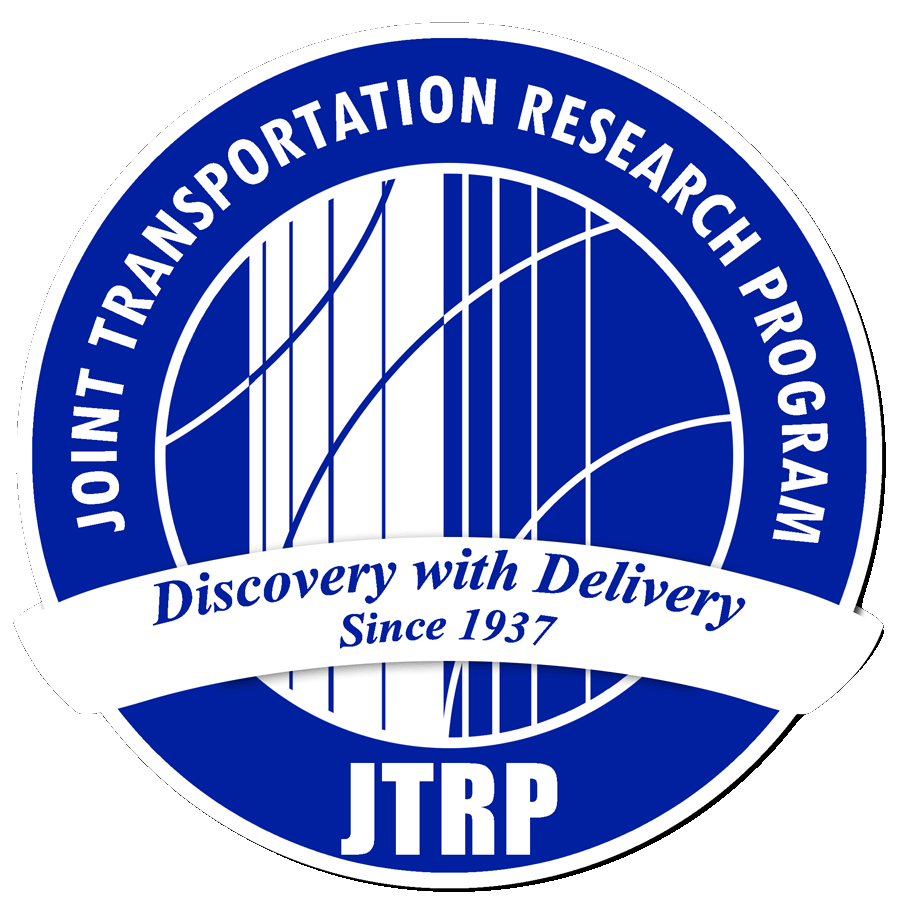Abstract
Trucks represent the predominant form of domestic freight movement. Due to the substantial increase in freight truck traffic on the nation’s highways, its influence on traffic flow performance, safety, and quality of travel experience, is garnering increased attention. Several existing studies have addressed the impacts of trucks on highway traffic flow conditions and crashes. This research models the behavior of non-truck drivers vis-à-vis their interactions with trucks by associating a “discomfort level” with every non-truck driver. This discomfort of non-truck drivers in the vicinity of trucks is assumed to be affected by situational factors such as time-of-day, weather, and ambient traffic congestion. Stated preference surveys of non-truck drivers are used to elicit the factors that influence their behavior when interacting with trucks on highways. A fuzzy logic model using if-then rules is developed to characterize non-truck driver behavior near trucks. It is used to determine the non-truck driver discomfort level, and is constructed using survey data and insights from the preliminary analysis performed using a binary discrete choice model. The discomfort level is used in conjunction with a traditional car-following traffic flow model to generate a truckfollowing model. Similarly, a modified lane-changing model is constructed to account for car-truck interactions. This redresses a key methodological gap in the literature and provides a capability to analyze alternative strategies to reduce cartruck interactions. An agent-based freeway segment microscopic traffic simulator is constructed using the car-following and lane-changing logics embedded in the FRESIM microscopic simulator, and the truck-following and modified lanechanging models developed in this research. Simulation experiments using data from the Borman expressway (I-80/94) in northwest Indiana are used to analyze model sensitivity to the various parameters and evaluate the effectiveness of alternative mitigation strategies.
Keywords
Car-truck interactions, fuzzy logic based behavior modeling, truck-following model, mitigation strategies, SPR-2639
Report Number
FHWA/IN/JTRP-2004/16
SPR Number
2639
Performing Organization
Joint Transportation Research Program
Publisher Place
West Lafayette, IN
Date of Version
2004
DOI
10.5703/1288284313270
Recommended Citation
Peeta, S., and W. Zhou. Minimizing Truck-Car Conflicts on Highways. Publication FHWA/IN/JTRP-2004/16. Joint Transportation Research Program, Indiana Department of Transportation and Purdue University, West Lafayette, Indiana, 2004. https://doi.org/10.5703/1288284313270Project Number
C-36-54FFF
File Number
3-3-58


